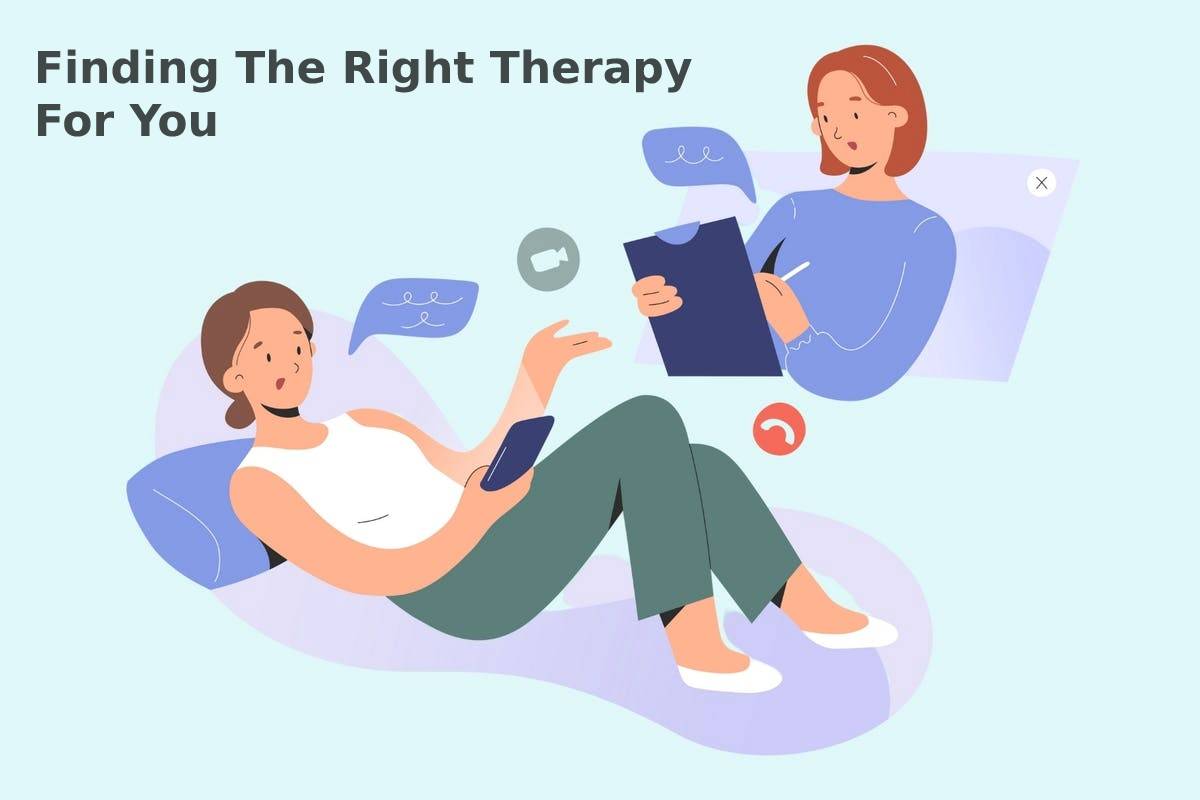Therapy – A therapist should be another trusted branch of your support system. Sessions are sometimes spent discussing difficult or uncomfortable topics. Therefore, an experienced professional that you connect with and feel comfortable listening to needs to be on the other end of that conversation.
The basic search criteria can consist of a few general requirements. Make a note if you’re looking for someone of a specific gender, age, religion, experience, etc. Do you prefer in-person or online meetings? Using a database from resources like MyTherapist can help you narrow search results to find a professional of your preference. These kinds of conditions are common when looking for mental health assistance – it’s about being as comfortable as possible. Once you have those needs established, it’s time to begin a more in-depth search.
Table of Contents
Ask a Trusted Individual
If you have family or friends in your area, you know have been or are going to therapy, you may want to reach out to them first for their suggestions. They don’t need to know details about your concerns and instead can provide names or nearby centers for your research.
It’s important to note that each person has their own needs and goals. You can determine if their therapist is experienced in your area of concern by looking them up in a reliable database and reviewing client feedback.
Consider Your Budget
If you have insurance, you can often find a mental health professional database in their patient portal. Through this account and other online profiles, you can put together a better assessment of their client feedback, availability, and an impression of their experience. However, if you’re paying out of pocket, you’ll need to find out their pricing and possible payment options. This may require you to call their office if it’s not listed online.
There may be additional low cost options within your community. If you’re a student, many campuses provide counseling services for free or reduced rates. Your workplace or religious center may provide similar services or have recommended resources.
Set Your Initial Goals
One important question a potential therapist is likely to ask during your introductory session will be along the lines of “What do you hope to accomplish through therapy?” Have a few goals and expectations at the ready will give you and your therapist a good foundation to focus subsequent meetings on.
You don’t need to have a whole plan thought out ahead of time. Instead, as you consider potential therapists, take time to consider your concerns, habits or behaviors to improve, and goals you’d like assistance achieving. If nothing in particular comes to mind, you can be honest and say you’re not sure – this is a more common answer than you may think.
Prioritize Your Feelings
You’re allowed to interview therapists for a reason: if you don’t feel like it’s going to work out, you should feel comfortable in your decision to leave. Switching therapists is an entirely normal part in the process of finding that key branch of your support system. It could take any number of sessions – even just that first introduction – to come to the conclusion that they’re not the best match for you.
Sometimes it’s obvious: they interrupt, they don’t respect boundaries, or they make you feel judged. Other times it could just be a gut feeling or you two haven’t clicked in a way that makes you feel comfortable opening up. Regardless of the reason, your efforts are going towards your mental health and emotional wellbeing.
Taking Care of You
There’s no fool-proof list of qualities that make up the perfect therapist. As individuals, each person needs their own set of criteria to make the most of their progress. Ultimately, at the bare minimum a quality therapist is empathetic, respectful, honest, and helps you prioritize your well-being. Whether you’re meeting once a week or once a month, you should come away from each session feeling like you made some kind of meaningful progress. That can be in the form of a new process, an enlightening conversation, or even the simple achievement of showing up. When looking for the right therapist, your mental health needs come first.

